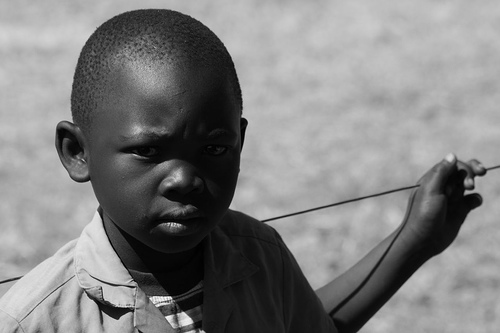Rescuing Our Young Men: Raising Boys to Be Fathers
Recently Jeffery Leving published this essay on boys’ education in the legendary newspaper, The Chicago Defender.
Much has been said about the crisis of school drop-out and truancy amongst our young people on the South Side of Chicago, particularly with regards to our young men. However, having grown up a young man on the South Side myself, I don’t hear enough talk about a phenomenon that is not easy to budget or manage: the self-image of our young people.
At the Fatherhood Educational Institute, a charity I founded, we have found that awakening self-esteem changes a person. We teach young men who have chosen a life of crime over school to be good fathers. We encourage them to seek out the children they have parented at a young age and take pride in being able to teach, love, and protect those children the way all children deserve.
What we have found is that the self-esteem boost of a positive father figure not only saves these men’s children, but it saves the fathers themselves. Men with criminal histories who believe in being a good father are dramatically less likely to commit repeat offenses. The practices we have put in place are so successful that the Justice Department is planning to implement them on a national scale.
With all our handwringing over the fate of young men, around the country, there are a number of schools that do an excellent job of educating urban boys with impoverished backgrounds. Eighty-eight percent of boys at Newark Tech in New Jersey are proficient in math, 100 percent are proficient in reading, and 100 percent graduate high school. At Belmont High School in Ohio, 92 percent of students are on track to graduate, a huge increase from just a few years ago. And in the Montgomery County school district in Maryland, the graduation rate for African-American boys is 36 percent above the national average.
What do these schools have in common? For one thing, they have great leadership. For another, they make sure that the staff collaborates with one another and connects with students and families so they can know the real causes behind absenteeism and other issues. Perhaps most importantly, they put in place programs and curriculums that are sensitive to the boys’ cultural and economic backgrounds and that reach into deep ethical issues about being a good man. They do more than just drill students in reading and math: they educate the whole person, and they do so with love.
In our politically correct society, some of us don’t like the idea that a school would teach students to love themselves and be proud of where they came from. We don’t like that an institution might pressure young people to think of themselves as future fathers and to take on other adult burdens of responsibility when their lives are already so troubled. But from what I’ve seen, some burdens are also gifts. Sometimes they even save your life.


